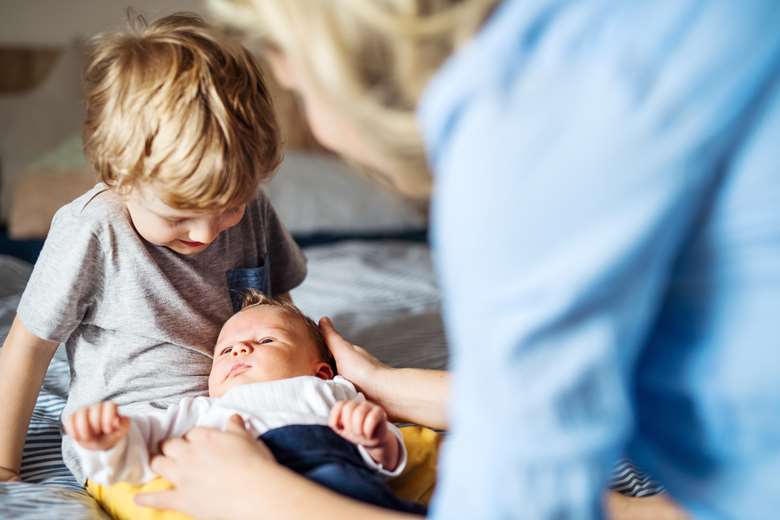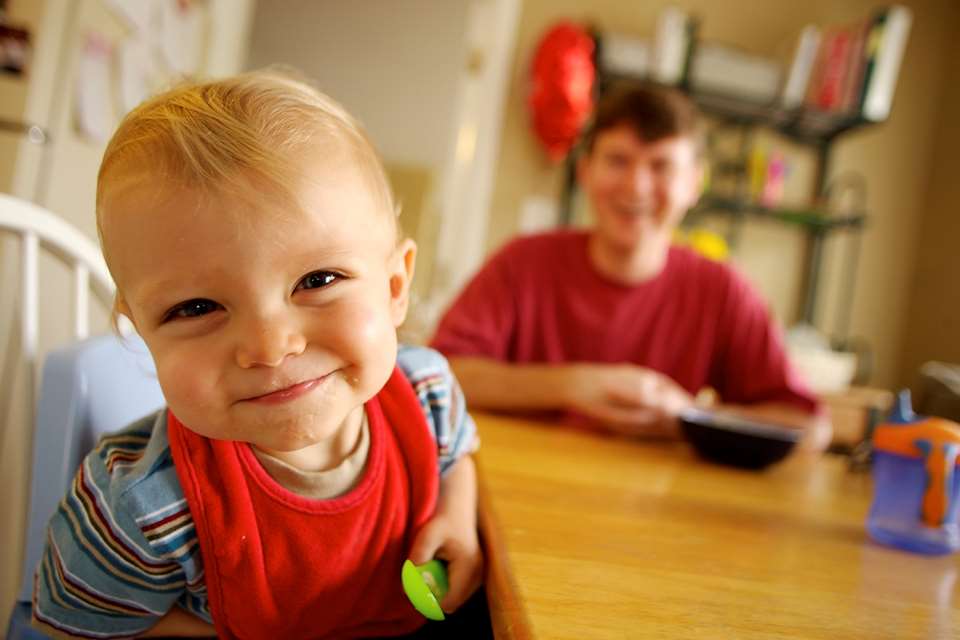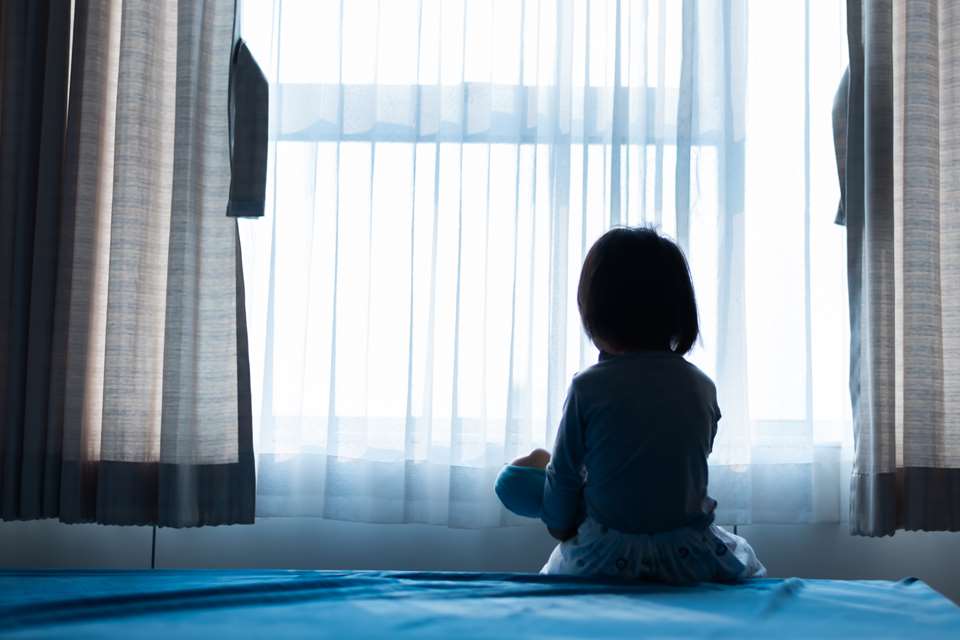Coronavirus: Parents report closer bonds developing with children in lockdown
Nicole Weinstein
Thursday, July 9, 2020
Parents have reported both benefits and challenges of having young children at home during the lockdown, new research reveals.

Increased levels of parental attention during lockdown has resulted in generally happier children and improved developmental outcomes for some pre-school children, according to the findings presented in British Families in Lockdown (BFiL), a qualitative study led by Leeds Trinity University.
The report has been included in evidence to the Education Committee's inquiry into the impact of Covid-19 on education and children's services.
Spending time together as a family has increased parent-child bonds, which is another positive benefit of lockdown, the report revealed. Several families have been able to focus on their children’s needs and education in a way that they had not been able to do before, which resulted in reports of positive child outcomes.
Fifty-six families from a diverse set of socio-economic backgrounds, geographies, religions and cultures participated in interviews during the first seven weeks of lockdown. Family members shared their detailed, personal stories and experiences of employment, children’s schooling, health, well-being, family life, leisure time and technology use during the first phase of lockdown when restrictions were at their severest.
Dr Carmen Clayton, principal investigator and reader in family and cultural dynamics at Leeds Trinity University, said, ‘We have found that some families are doing well and many are having positive experiences, particularly in terms of strengthening family bonds. Whilst others are facing difficulties and lockdown has had negative impacts for them; particularly when additional pressures have occurred. These dichotomic experiences for UK families are providing questions about modern families and new lines of inquiry into British family lives are emerging.’
Marie Potter, senior lecturer in childhood, early learning and development studies at Leeds Trinity University, added, ‘To some [parents] it came as a surprise that babies and toddlers could learn and develop by taking part in the day-to-day activities of the family and play opportunities around the home. They witnessed learning and development taking place which they had previously thought would occur only through more formal, planned activities provided by those working in early years settings.’
The report also demonstrated that lockdown has given families the opportunity to reflect on many aspects of their day-to-day life and the experience has changed outlooks, attitudes and expectations for the majority of participants. Here are some of the changes that families plan to make:
- Some parents aim to rely less on excursions, clubs and external activities in the future and spend more time on activities at home.
- Some parents plan to work more flexibly in the future so they can spend more time with their children and rely less on formal childcare.
- Parents who usually worked long hours and saw little of their children, enjoyed the opportunity offered by lockdown to work from home and build stronger bonds with their children.
- Some parents thought their child had developed and matured while being out of nursery and early years settings, but they were unsure if that development would have taken place anyway, regardless of lockdown.
The challenges of lockdown
The report also detailed some of the challenges that families faced during lockdown. For parents who were having to work and look after their children, including caring for a child with additional needs, the home environment became increasingly difficult and hard to manage during lockdown.
For some parents, keeping young children indoors was difficult especially when living in small spaces, where no garden was available or there were a lack of resources and toys at home, or the inability to purchase new play items for children. The lack of personal outdoor space coupled with the closure of parks and playgrounds negatively affected several disadvantaged families who wanted to spend time outside with their children.
Several Black Asian Minority Ethnic (BAME) parents had limited or no English language skills which impacted on their ability to home school children and their understanding of tasks being sent home from schools and early years settings.
A full version of the report can be accessed here
RECENT LOCKDOWN EXPERIENCES
Meanwhile, more than 250 people have responded so far to a survey on social media led by the Sept for Schools group to find out parents’ experiences of home-schooling.
The BBC reported that the campaign group had heard from parents reduced to tears as they try to balance work with educating children at home.
Some of the comments from parents, highlighted in the story, include a single mother who is working fulltime from home, ‘Home-schooling has been hell, sharing the only table in our small flat with my seven-year-old son.
‘It is not that I don't think I am capable or that we do not have access to materials, but I cannot do two jobs at once - I can either attempt to support my seven-year-old in doing some schoolwork or try to do my own work and keep my job.’
The Department for Education said, ‘We are aware how challenging it has been for parents, teachers, support staff and school leaders in supporting children to learn at home.
‘We want to reassure parents and families that we are doing everything we can to make sure schools are as safe as possible for children and staff, and will continue to work closely with the country's best scientific and medical experts to ensure that is the case.'










